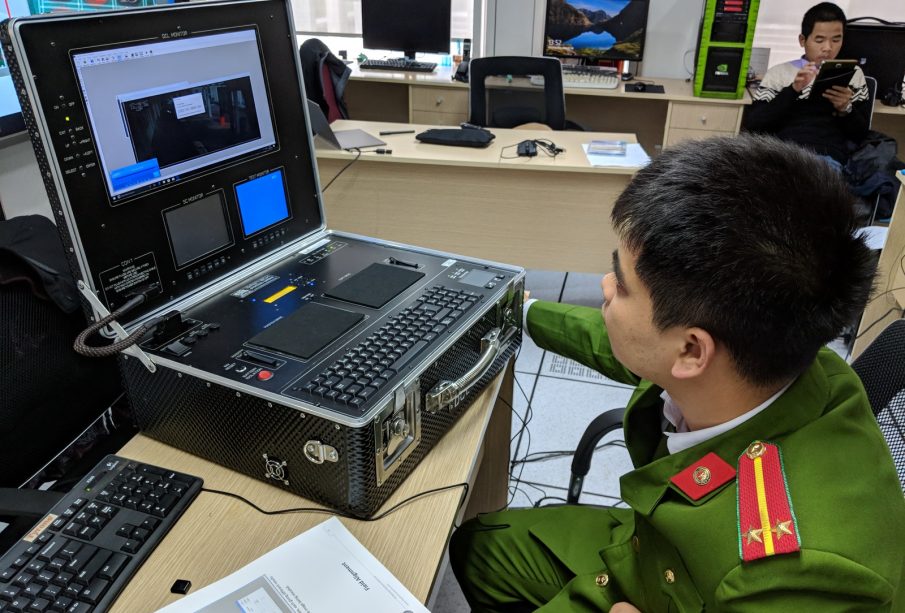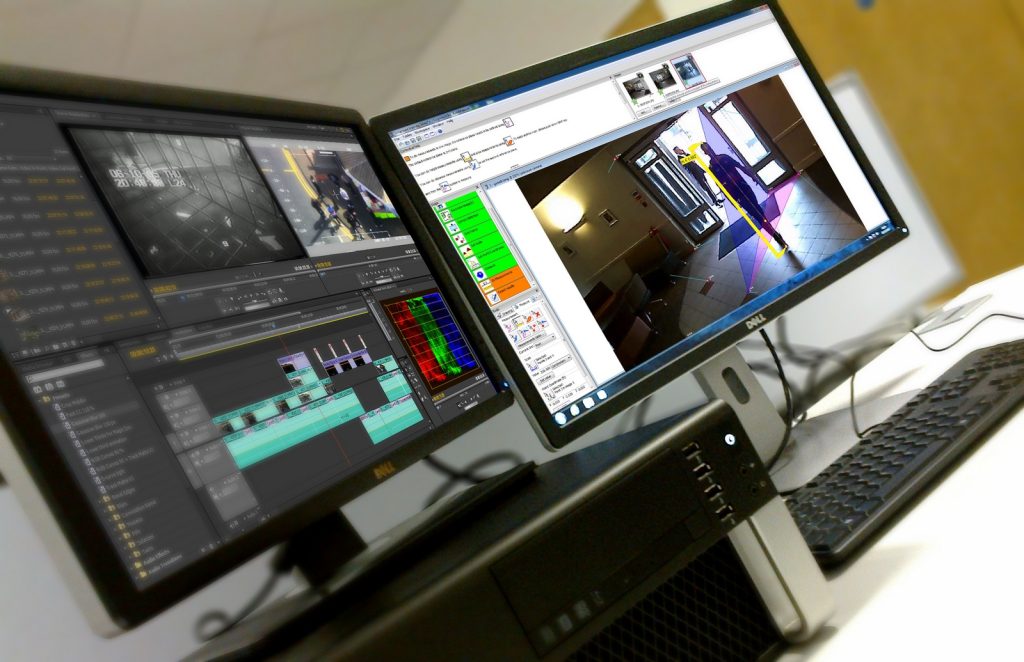Enhancing Crime Fighting Through Digital Forensic Investigation and Forensic Technology

Introduction:
In the ever-evolving landscape of crime and terrorism, the role of digital forensic investigation and forensic technology has become increasingly crucial. As we work closely with clients and technology partners, investing in research and development projects aimed at improving our tools and services, we recognize the vital importance of staying ahead in the fight against crime and terrorism. In this article, we delve into the significance of digital forensic investigation, the role of digital evidence, and the advancements in forensic technology in combating modern-day threats.
Digital Forensic Investigation:
Digital forensic investigation involves the systematic examination of digital devices and digital data to uncover evidence relevant to criminal or civil legal proceedings. With the proliferation of digital devices and the vast amount of data they generate, such investigations have become indispensable in solving a wide range of crimes, from cybercrimes to financial fraud and even acts of terrorism. Our commitment to advancing digital forensic techniques enables us to stay at the forefront of this field, providing our clients and law enforcement agencies with the necessary tools and expertise to navigate complex digital landscapes.
Digital Evidence:
Central to digital forensic investigation is the concept of digital evidence. Unlike traditional forms of evidence, such as physical objects or eyewitness testimonies, digital evidence encompasses electronic data stored on various devices, including computers, smartphones, tablets, and servers. This evidence can take many forms, including emails, text messages, documents, images, videos, and metadata. Analyzing digital evidence requires specialized skills and technologies to extract, preserve, and interpret data accurately. Our collaboration with technology partners ensures that we have access to cutting-edge tools and methodologies, empowering us to uncover valuable digital evidence crucial to solving cases.

Forensic Technology:
Advancements in forensic technology have revolutionized the field of digital investigation, enabling more efficient and effective analysis of digital evidence. From forensic software applications to hardware tools and techniques, our investment in R&D projects allows us to develop and deploy innovative solutions tailored to the evolving needs of our clients and law enforcement agencies. Whether it’s developing algorithms for digital image analysis, enhancing data recovery capabilities, or refining forensic techniques for emerging technologies like blockchain and IoT devices, our focus remains on staying ahead of the curve in forensic technology.
Collaboration and Innovation:
Our approach to combating crime and terrorism is grounded in collaboration and innovation. By working closely with clients, law enforcement agencies, academia, and technology partners, we foster a multidisciplinary approach to digital forensic investigation. Through knowledge sharing, training programs, and joint research initiatives, we aim to build capacity and expertise within the field, ensuring that our efforts are sustainable and impactful in the long term. Moreover, our commitment to ongoing R&D projects reflects our dedication to continuous improvement and innovation, driving the development of next-generation forensic technologies and methodologies.
- Adapting to Technological Advances: The rapid pace of technological advancement presents both opportunities and challenges for digital forensic investigators. New technologies such as encryption techniques introduce complexities in analyzing digital evidence. Our commitment to R&D projects allows us to stay abreast of these developments, enabling us to adapt our methodologies and tools accordingly.
- Addressing Legal and Ethical Considerations: In addition to technical challenges, digital forensic investigations must navigate legal and ethical considerations. Ensuring that evidence is obtained legally and maintaining the integrity of the chain of custody is paramount. Moreover, privacy concerns and data protection regulations add another layer of complexity to the forensic process. By adhering to strict ethical standards and staying informed about relevant laws and regulations, we uphold the integrity of our investigations while respecting individual rights.
Conclusion:
In conclusion, digital forensic investigation, digital evidence, and forensic technology play integral roles in the fight against crime and terrorism. By leveraging cutting-edge technologies, investing in research and development projects, and fostering collaboration across sectors, we can enhance our capabilities to investigate and prosecute criminal activities effectively. As we continue to navigate the ever-changing landscape of digital threats, our commitment to advancing the field of digital forensics remains steadfast, ensuring that we stay one step ahead in the pursuit of justice and security.
















